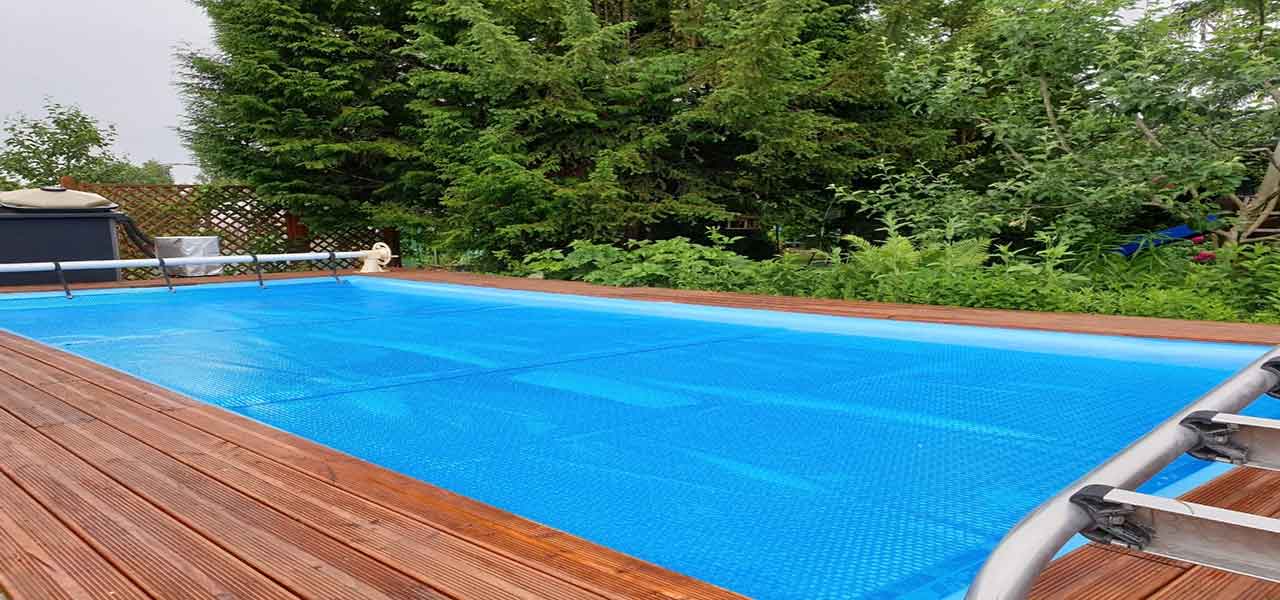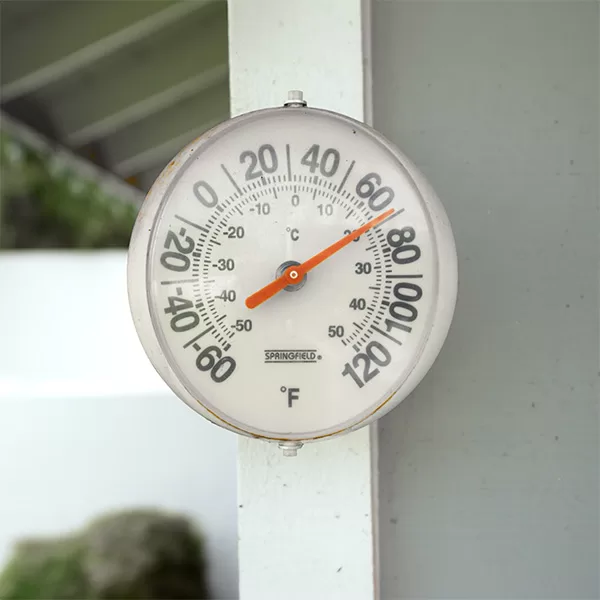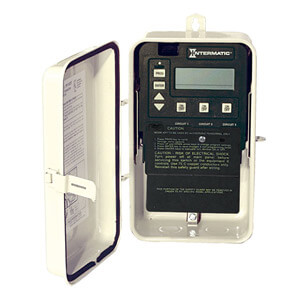FREE Standard Shipping On All Orders $100 or More!*

The Winter Pool: Off-Season Tips for Warmer Climates
Despite what season it is, it's best to keep the pool maintained to avoid stains, scale, algae and other surface problems, in addition to structure and equipment issues. If it is warm enough to keep your pool open this winter, check out these tips to help you stay on top of pool maintenance this season.
Running the Pool Pump
How long should you run the pump during winter? Many sunbelt pool owners reduce filtration during the off season to lower energy costs. But be careful not to go too low! Circulation is important if you keep the pool open. Let the pump run as long as it takes for the water to cycle through the circulation system. This is known as the turnover rate. Generally, pumps need to be run for 6 to 8 hours at a time for proper circulation.
Debris
Another factor to consider when running the pump is debris. If debris is an issue in your pool, you may need to run the pump longer. Running a pump for only 3 hours every 24 hours means there are 21 hours for debris to build up.
Weather

A third factor is the weather. Outside temperature will affect how long you run your pump. At temps above 65ºF, you need longer daily operation. And, at temps below 35ºF, run the pump for 24 hours to prevent freezing. Two speed pumps can operate on low speed during cold weather, and some variable speed pumps even have built-in freeze sensors to turn on low when temperatures get close to freezing.
Another option is to add the Intermatic digital timer. This digital timer is the first to adjust automatically for off-season demand, by reducing run time during colder months. It works on single or dual speed pumps, and allows you to control another device, such as a booster pump or pool light. With the Intermatic freeze sensor, your digital time clock will turn on the pump automatically when the weather gets cold.
Winter Pool Chemistry
Even though no one is using the pool, it's still important to test the water with test strips or test kits, to find out what you need to add to the pool – primarily chemicals to adjust the pH, alkalinity and calcium hardness levels.
Ideal winter pool pH is between 7.4 and 7.6. Add pH increaser if it is under 7.4, and if higher than 7.6, add pH reducer to the pool water. Ideal total alkalinity levels are 80-120 ppm, and winter calcium levels are between 200 and 400 ppm for any type of pool. Add calcium increaser to increase the hardness level.
Swimming pools need essential chemicals to maintain the health of the water. Test your water regularly during the winter — at least monthly — to protect your pool surfaces from stains and scale.
Winter Freeze Alerts

When temperatures drop below freezing, your pump needs to be running. To stay on top of these things, consider a system to notify you of freezing temperatures.
You can set up alerts from the Weather Channel to send a text or email to your mobile device about freezing temperatures and other severe weather alerts. Sign up for their free text or email weather alerts.
Or, you could add the Intermatic P1353ME digital timer, which can add a temperature sensor to the circuit. This will turn on the pump when temps get close to freezing, automatically. Runs up to three circuits or devices, programmable for any on-off times you like.
Winterizing a Sunbelt Pool
If you are unable to maintain the pool, you may be better off closing the pool, so you don't have to worry about it. For many sunbelt pools, just covering the pool and removing the pump and filter drain plugs is sufficient. If you are wondering how to close and winterize the pool for the season, here's a quick rundown. For more, see our other many blog posts on how to winterize a pool.
Add winter pool chemicals, then lower the pool water below the base of the mouth of the skimmer. Your filter pump may lower the water, or you can also use a submersible pump. Cyclone blowers or a large vac/blower can be used to blow out the lines. Start with the main drain and the skimmers, and then blow air through the pump and the filter and back to the return lines. Once the air is blown out, you can use your winterizing plugs to plug up and seal the pipes for winter.
Pool antifreeze is helpful for the pipe for any water that may still be in the pipes. Pool antifreeze will protect the skimmer from freezing water that accumulates from winter rains.
Swimming Pool Covers
Swimming pool covers are not required for pool winterization, but they have advantages. Solid winter or safety covers help prevent algae growth by not allowing sunlight to peek into the pool water.
Because pool covers fit securely over the pool, you likely won’t be using as much chemicals to maintain it, which saves you money. Your pool will stay clean, and it may help reduce the risk of organic staining. Safety pool covers also add protection for curious animals or toddlers. If you're still planning to use the pool occasionally, and a winter cover or safety cover isn't ideal for your situation, you can still reduce weekly cleaning and maintenance time by using a solar cover. Not only will a solar cover add some heat to the pool, but it'll also help keep dirt and debris from landing in the water.
Whether a pool owner decides to close the pool for the season, or keep it open – weather permitting – you will want to remember to maintain the pool and the water. Winter neglect can damage pool surfaces and equipment, or make extensive and expensive water clean up.
There are several things you can do to keep your water and pool healthy and clean - no matter whether the weather allows you to keep the pool open.